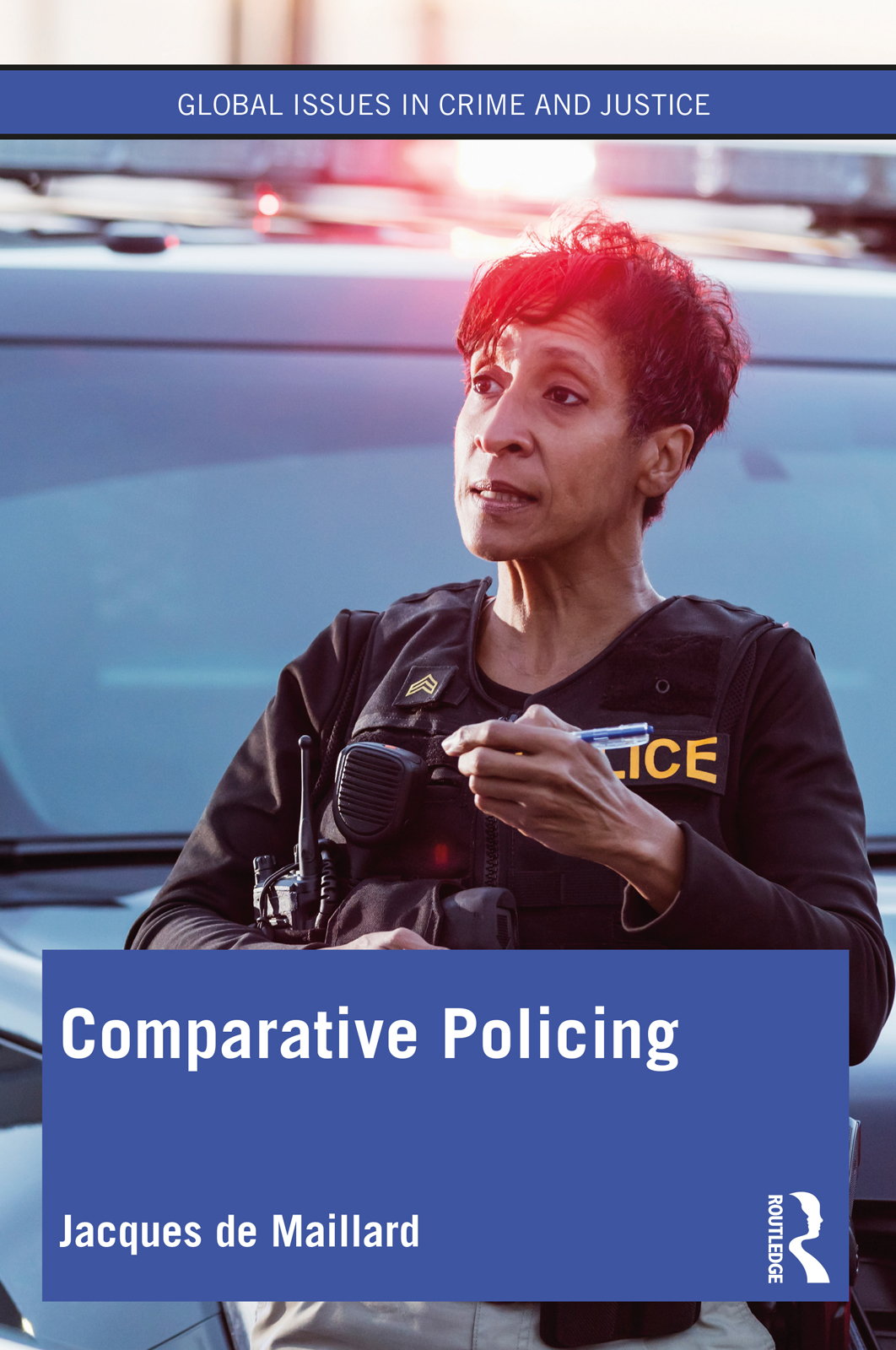This book is a systematic and comparative analysis of police systems in the Western world, looking at their structure and how they tackle contemporary social problems, such as economic austerity, multi-level governance, transnational change, relations with minorities and transformation of delinquency. Core content includes: • Comparative histories of the formation of national police systems; • A discussion of centralised and decentralised police systems; • International differences in community policing; • A review of different police strategies in fighting delinquency and reducing urban disorder; • A comparative analysis of different ways of controlling police misconduct; • An exploration of different models of plural policing. While other books focus on policing in relation to measures effective in decreasing delinquency and augmenting security, this book considers the political, professional, administrative and political economic parameters which frame and shape the course of police reforms. It also explores how operational policing is shaped by the cultural and institutional contexts in which it is located. It is essential reading for students engaged in international police studies and comparative criminal justice.












